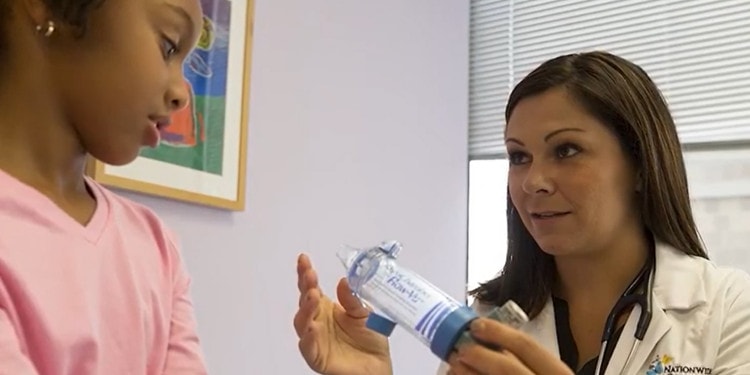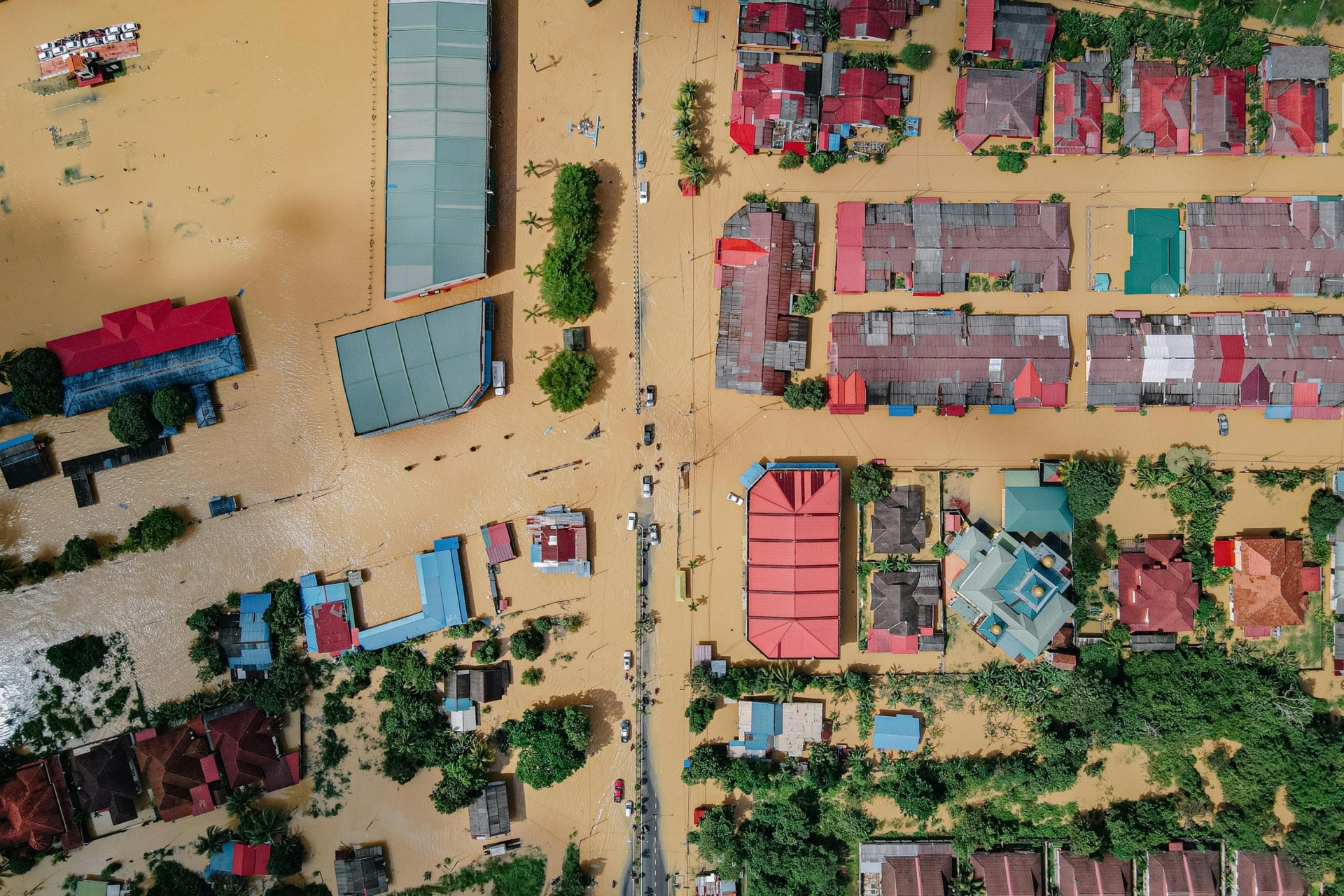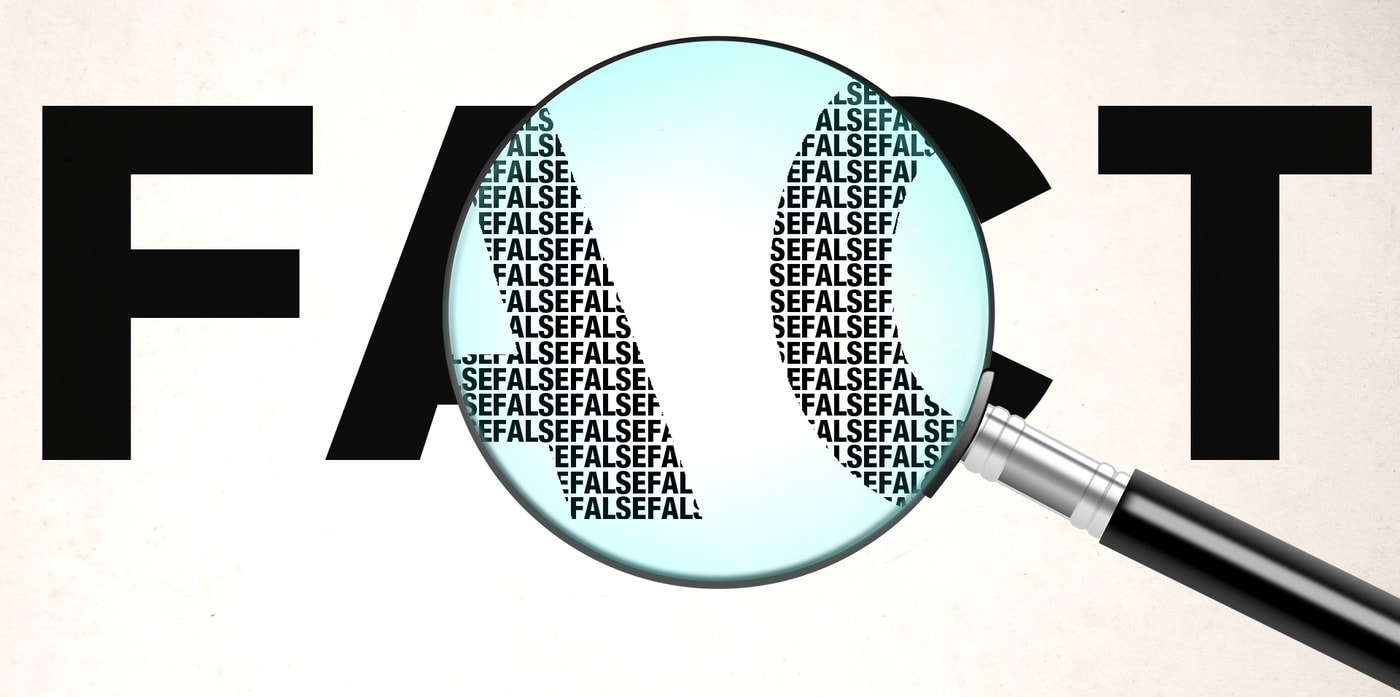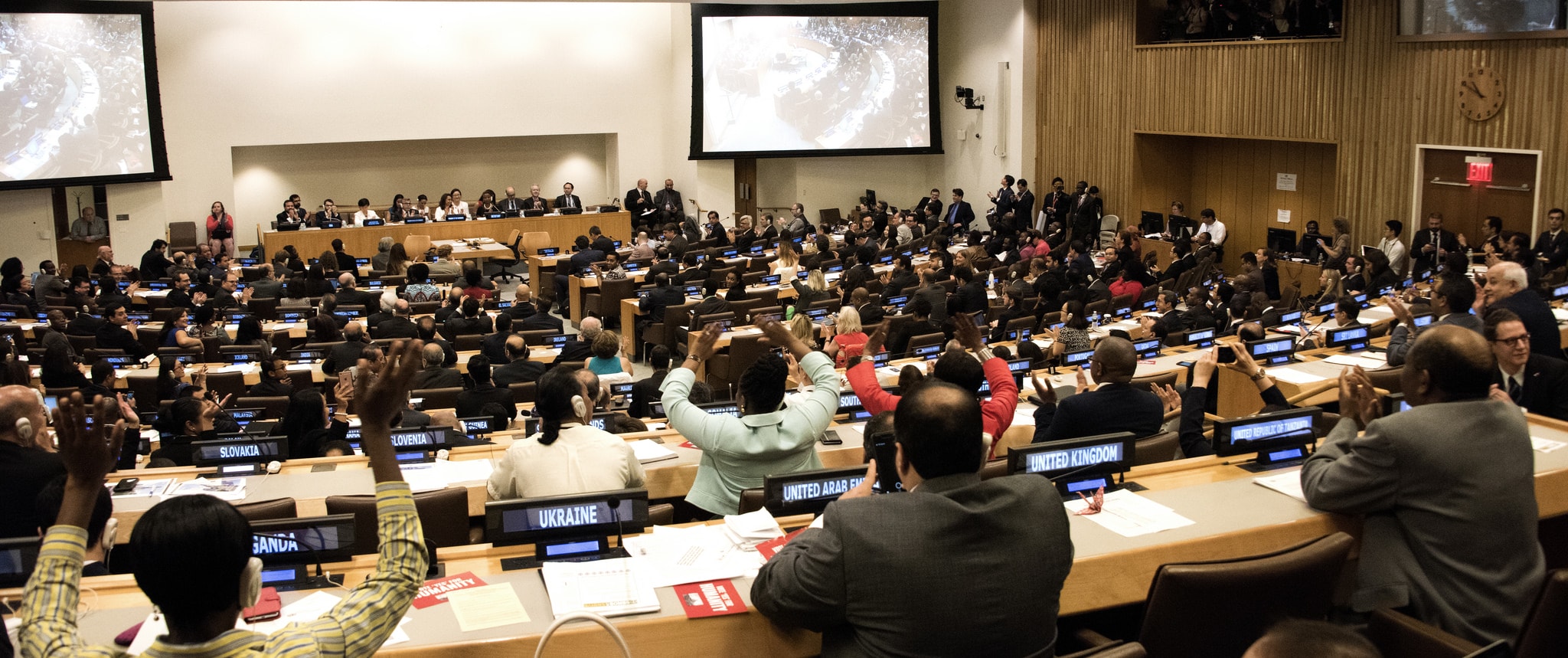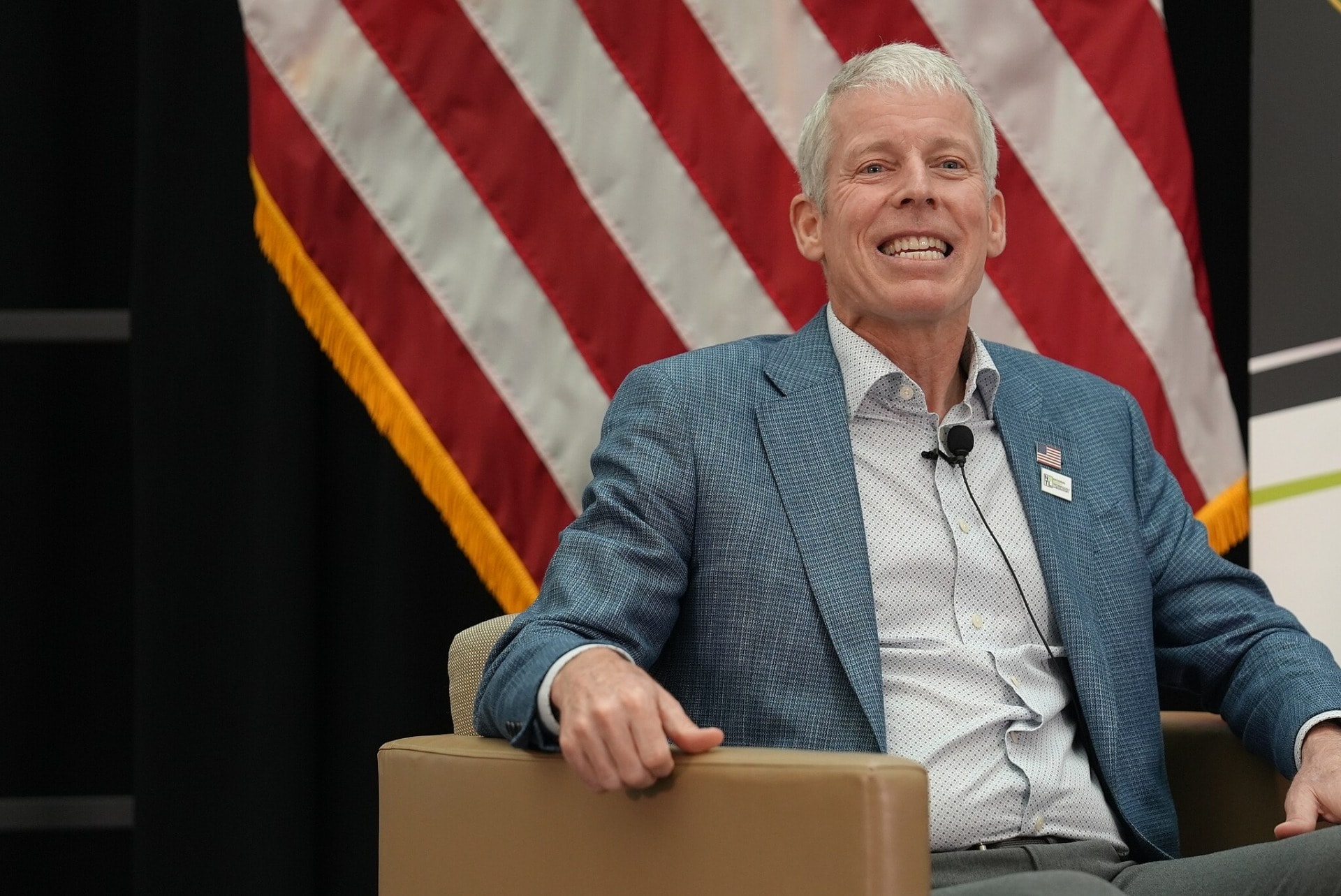As 2020, the year of COVID-19 comes to a close, misinformation continues to pile up relentlessly. Quotes from two men of the distant past, each from different backgrounds and places, come to mind in capturing the global fixation with easy unscientific answers:
P.T. Barnum was the famous Circus impresario who is attributed to have said, “A sucker is born every minute”;
Johann Wolfgang von Goethe, the great eighteenth-century German philosopher said, “A man is not deceived by others: he deceives himself”.
Coming from a time closer to us, Ella Fitzgerald reminds us of all “These Foolish Things”. This is a song that tells us that we are all in it together, and perhaps we should try (at least) to smile:
From almost the beginning of the year, we have read, heard, seen, or bought into an incredible range of false myths, preventions, cures, or behaviors that had no prospect of fulfilling the promises made.
Some of the falsehoods disseminated bear resemblance to a disinformation tactic used by hostile governments of a nation, known as the “Russian fire hose” strategy.
Others are more benign but offer bad information that oversimplifies causes, responses, or remedies which are often too tantalizing for people to ignore — or resist passing on to others.
Add to that an urge to find not just causes but solutions, and it can create a recipe for human disaster.
Whatever the reason for wrongheadedness, there is so much of it out there that an exhaustive list would be impossible, and never-ending, as “the offbeat goes on” so to speak and misinformation spreads, unarrested.
Here are some of the highlights, first by governments and their institutions from around the world, then from unofficial, generic sources.
COVID-19 Misinformation from Governments or their Institutions
It is almost a given that one must start with the most influential of voices in spreading misguided information, President Donald J. Trump.
His famous “you can do it with Clorox or hydroxychloroquine, right?” starts us off on a high note. Several like-minded heads of State had, either before him or later joined in projecting these “unproven” solutions.
President Jair Bolsanaro of Brazil initially went all-in on hydroxychloroquine to help his coronavirus-ravaged country beat COVID-19. He pushed his government to make the malaria drug widely available and encouraged Brazilians to take it, both to prevent the disease and to treat it.
Then there was Philippine President Rodrigo Duterte who made the claim that gasoline can be used as a disinfectant against SARS-CoV-2, which is totally false according to the World Health Organization (WHO) Infodemics website.
While one might have thought it in keeping with his macro projected personality, it was rumored (but not true) that Russian President Vladimir Putin released 500 lions (and tigers!) in Moscow to persuade the city’s residents to stay indoors as part of government efforts to fight further transmission of the pandemic.
What Governments actually do about misinformation…
Official government watchdogs do have a key role play and rose up to the challenge, showing a troubled public that they were on the case.
The European Fraud Office (OLAF) promoted itself as having from the start of the COVID-19 pandemic, collected, and analyzed data concerning entry into the EU of face masks, medical devices, disinfectants, sanitizers, medicines, and test kits. It successfully worked together with the relevant EU Customs offices to target shipments and companies. Relatively early-on, over 340 companies were found to be acting as intermediaries or traders of counterfeit or substandard products linked to the COVID-19 pandemic.
The U.S. Food and Drug Administration sought to reassure its public by highlighting the issuance of warning letters to firms for selling fraudulent products with unproven claims to prevent, treat, mitigate, diagnose, or cure coronavirus. They have also been actively monitoring any firm marketing products with fraudulent COVID-19 prevention and treatment claims.
Ideas without “official” endorsement: We wish some were true but all are unproven
Recognizing that the explosion of misinformation was having serious consequences for global health efforts to respond to the virus, the World Health Organization (WHO) created an explicit website: Mythbusters (who. int).
The function is to help the public identify and then debunk notions of how the virus spreads and cannot be contained. Just one person stopping a false rumor online can make a huge difference, as this Mythbusters graph illustrates:
The website provides a user friendly “Claim/Fact” format that opens a reader’s eyes, both amazes and informs. Below is a sampling, but there are many others to choose from, and more are added all the time:
- Viruses cannot travel on radio waves/mobile networks (COVID-19 is spreading in many countries that do not have 5G mobile networks);
- There is no evidence or information to suggest that the virus can be transmitted through houseflies or mosquitos;
- Hot peppers in food, though very tasty, cannot prevent or cure COVID-19;
- Garlic is a healthy food that may have some antimicrobial properties – but there is no evidence that eating garlic has protected people from the new coronavirus;
- Methanol, ethanol, and bleach are poisons. Drinking them can lead to disability and death – they will not kill the virus but they will harm internal organs;
- Taking a hot bath will not prevent you from catching COVID-19;
- There is no evidence that cleaning one’s nostrils with a saline solution protects from infection with the new coronavirus;
- Hand dryers are not effective in killing the COVID-19 virus;
- The likelihood of COVID-19 being spread on shoes and infecting individuals is very low.
The above are just a few of the misleaders.
WHO, however, is not alone in working to identify falsehoods.
Researchers at the Taiwan FactCheck Center spend time debunking reports about fake remedies and tests and have identified additional non-science supported claims such as smelling sesame and other plant oils or the idea that breathing in steam can kill COVID-19 before it reaches the lungs. And, fortunately, there are other sites doing similar good Samaritan work.
There is indeed a treasure chest of misinformation and misleading “facts” on COVID prevention, and 2020 is not yet done.
The fake information sources have just warmed up; more vaccines will be getting approval and distributed, and this will generate a massive cache of misguidance to susceptible people everywhere.
The guiding word is “CAUTION”: Each of us should look at all sources, even those that are usually reliable (even these sometimes get it wrong or are hacked). We each need to double-check to be sure, and better able to cope with COVID-19 in 2021. It will not go away, nor will the deceivers.
Editor’s Note: The opinions expressed here by Impakter.com columnists are their own, not those of Impakter.com. — In the Featured Photo: Screenshot from Misinformation About Asthma and COVID-19 (April 2020) Source: NationwideChildrens


